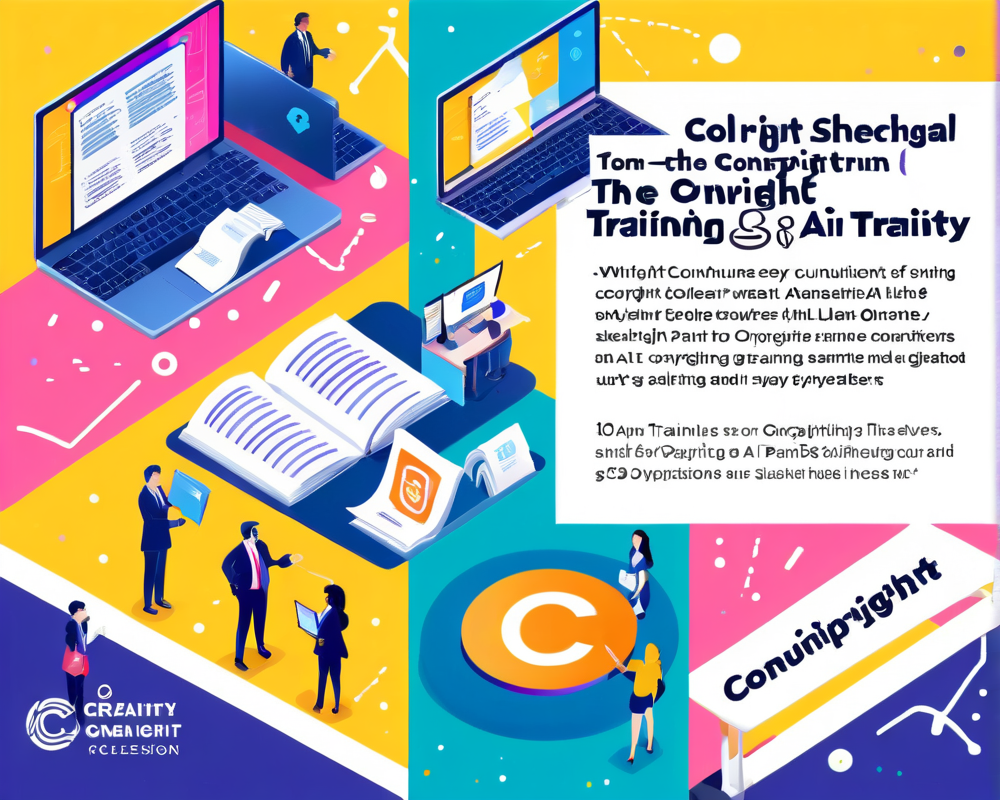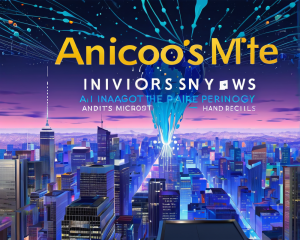The Legal Minefield of AI Training and Copyright
Generative AI, like the celebrated (and sometimes vilified) models that inspire our chatbots and artistic AI friends, hinges on immense datasets for training. But when that dataset looks suspiciously like it’s been borrowed from the neighborhood copyright holder, things get dicey. The battle lines are being drawn in courts, where companies are vying for clarity on the murky waters of copyright infringement.
Getty Images Strikes Back
In a dramatic courtroom standoff, Getty Images is taking Stability AI to task for allegedly lifting over 12 million of its photos to turbocharge their own image-generating tech, Stable Diffusion. Picture this: Getty’s stance is akin to someone finding their prized shot of a golden retriever at a dog park being used as a Poodle background in someone else’s photo book. Their legal filing proclaims that Stability AI essentially got a free ride on its hard work, creating AI-generated images that bring competition as a side dish.
Capitol Hill Meets AI: A Tense Showdown
Fast forward to a recent Senate Judiciary Committee hearing, where Senator Marsha Blackburn probed OpenAI’s CEO Sam Altman about how his company handles copyright concerns. Altman put on his best poker face, asserting that “creators deserve control” over how their creations flutter in the digital realm. Still not committing to avoid training on copyrighted materials, Altman suggested a future where creators would at least get a slice of the pie. But how delicious is that slice really, and how big will it be?
The Fair Use Rumble: Transformative vs. Infringing
AI companies argue that they are on the right side of the law, claiming their use of original works is transformative enough to qualify as fair use under US copyright laws. You know, that gray area where they can use works without getting permission. But the Supreme Court’s recent ruling in the Warhol case casts a long shadow over these claims. The court decided that Warhol’s reimagining of a rock star’s photo infringed on the photographer’s rights, muddying the waters for future AI innovations.
The Pendulum of Innovation: Risk vs. Safety
Innovation thrives on data, yet the creeping fear of copyright encroachment could keep AI companies under wraps. Adobe’s latest generative AI tool shuns ambiguity altogether by using only its own stock photos for training. The burning question lingers: If generative AI can only feast on copyright-free data, what happens to creativity and productivity? The tantalizing allure of progress might start fading like that one forgotten sock in the laundry basket.
The Economic Implications: Productivity at Stake
Remember the wise words of economist Paul Krugman? He famously pointed out that productivity growth is vital for improving our standard of living. Stripping generative models of their rich data resource leaves us pondering where we’ll be left in a rapidly evolving tech landscape. If creativity becomes stunted by copyright concerns, we might just watch a few industries freeze in place—a frightening thought for future generations.















+ There are no comments
Add yours